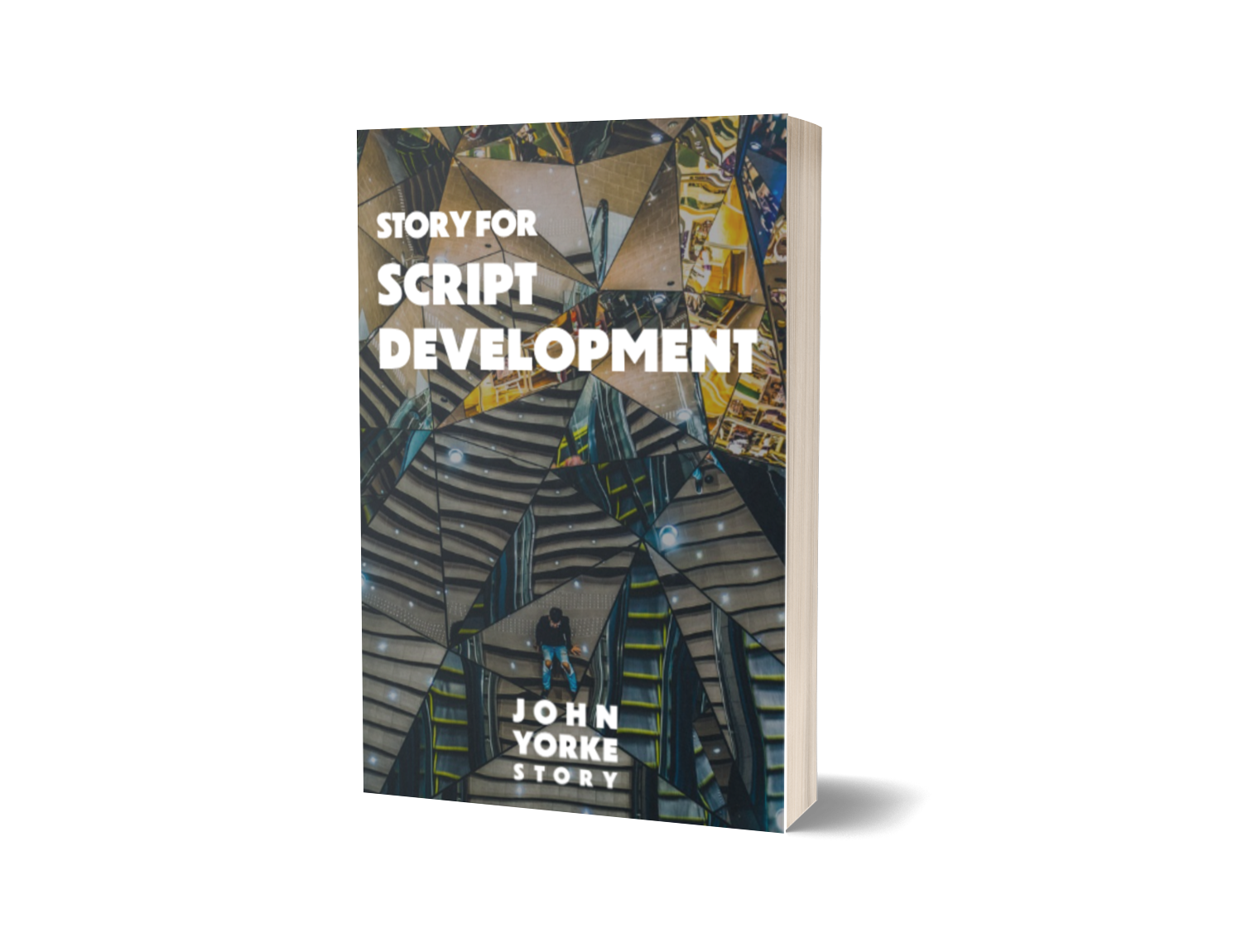Worldwide video game sales in 2023 made five times as much as global movie revenues. Not only that, but as the games industry matures, technology and tools have made it easier than ever to create interactive stories, plus game developers have increasingly come to realise the power of a compelling narrative in keeping players retained for the long-term.
At the top end of the video game market, ‘AAA’ games like The Last of Us, Uncharted, Gran Turismo, Mario and more have all had recent TV or movie adaptations, while in mobile gaming, more and more developers are relying on constantly running ‘soap opera’ stories to keep players engaged for the five to ten years that their games live.
So how can you get involved? As increasing numbers of games rely on their narrative (which, crucially, is mostly told using text and dialogue) to retain players, there’s plenty of demand for writers. The trick is understanding who’s likely to need a freelance writer and what they’re looking for.
Who uses freelance writers?
As a global industry, you’re free to apply to studios anywhere in the world, with most using tools like Teams or Google Hangouts for ‘face-to-face’ meetings. However, I suggest working with studios in your own country first, as it’s easier to start locally and build up a reputation and contacts before looking elsewhere.
There are four main parties involved in video game production that you could work with: developers (who make the games), publishers (who pay for, market and distribute the games), press (who write about the games), and localisers (who rewrite each game’s text to adapt it to different markets). This article can’t do justice to all of these, so I’m going to focus on developers as that’s where I have the most experience.
Development studios come in a range of sizes, from one to five person ‘indie’ teams, all the way up to global studios with 20,000+ staff spread across the world; but it’s the developers in the middle who most use freelancers. If a studio is too small then they probably can’t afford to use contractors (though more on indie game development later), and massive development companies will have their own staff of in-house writers, meaning they’ll only be interested in working with ‘big name’ freelancers, such as George R. R. Martin getting involved with From Software’s Elden Ring. Mid-sized studios on the other hand will be able to afford freelance staff but not want a permanent writer on site (usually because they A) can’t utilise that writer in a full-time capacity, and B) want immediate access to someone who already has the skills to do the job).
Contacting developers
There are a few ways to find prospective mid-sized developers. First, you can search the UKIE Games Map, which will get you a reasonably comprehensive list of game studios in the UK. Second, you can look for studios who focus on narrative-heavy games, such as Supermassive Games, Inkle Studios, Hangar 13, or Failbetter Games. Next, you can approach outsourcing companies who focus on providing video game writers, such as MoGi Group, the Linx Agency or Talespinners. Finally, you can go ahead and make your own game as an indie developer, either with a view to making a profit or for your portfolio.
In most cases you’re looking to get yourself onto someone’s radar so they add you to their list of potential outsourcers and call you up when they need help. I’d say it’s rare to approach a company specifically about ‘writing for game X’, and would suggest that – at least at first – you’re going to have to treat game writing as a side project, working on games as they come up and on other projects in-between.
When approaching developers, lead with demonstrations of what you can do, alongside your availability; details like pricing can come later. Keep your samples short – no-one has time to sit down and read an entire story – and personally I’d recommend showing a range of styles, not focusing on a genre the studio happens to be working on right now (as games can take years to make you never know what studios are working on behind the scenes). Good examples to include in your portfolio include:
- Samples of dialogue, such as a script for a cutscene (non-interactive sequences used to advance the plot or deliver exposition). Use a standard Hollywood-style template.
- A list of ‘shout-outs’ (AKA ‘barks’, these are short, snappy lines used when AI characters are ostensibly talking to each other, but are actually providing information or warnings to the player. These are usually a Junior Writer’s job, and can prove surprisingly challenging because you need multiple versions of every line to prevent players hearing the same thing too often).
- Samples of world-building and in-game lore, showing that you can breathe life into a person or place in just a few sentences (as games, particularly on mobile, need to work to tight word-counts).
I wouldn’t overly worry about the format of your samples too much; the content is what’s important. However, a tip is to include ‘localisation notes’ as part of each example. These are part of a games writer’s job and are sent to the localisation company who will be translating everything into multiple languages. For example, does the isolated line “Take this!” mean ‘hurry, take this thing from me’ or a ‘Batman-style punch in the face’?
Your first gig
The first time you work with a developer it’ll probably be to turn placeholder dialogue they’ve written in-house into something polished, meaning your creative input will be relatively limited, but as they come to trust you they may bring you into projects earlier to help build a game from its narrative roots up. As a result, and as with all freelancing, relationships and reputation are critical.
Dialogue writing gigs will typically take the form of ‘write X lines by Y date for Z money’, so it’s important that if you can’t complete the work you let the developer know as soon as possible (early problems can be rectified, but failing at the last moment will put the developer in a difficult position). Similarly, I’d suggest sending work-in-progress early and often so you can discuss the tone the developer wants.
What you should expect
You can expect frequent meetings at the start of a project to discuss direction, then regular catch-ups to run through feedback. Also, because you wrote the script you may be asked to help with voice recording sessions to provide context for the actors.
You should expect to be paid a flat fee per day of work, but with no ‘back-end’ (i.e. you get the same amount whether the game is a hit or a flop). In general, you’re giving the developer the right to use your work worldwide, indefinitely, and across multiple formats, such as console, PC, mobile, etc. All this will be laid out in a contract, and you’ll also need to sign an NDA (Non Disclosure Agreement) which will prevent you from discussing work-in-progress games.
However, once the game is out you’re free to discuss your involvement in it. Your name should appear in the game’s credits, and you should feel free to make the most of any publicity opportunities that come up. In fact, most developers will be happy to contribute to your publicity as it helps them spread the word about their game, too.
Going it alone
A final note is that in addition to working for other developers, you can ‘simply’ make your own game. Expecting to make money in this way can be a challenge due to the work involved in attracting audience attention to indie games (the largest digital marketplace, Steam, received 10,963 new games – just over 30 a day – in 2022).
However, even if you don’t intend to make a living from your games, creating interactive narratives using writer-friendly tools like Ren’Py, Twine or InkleWriter has two benefits: first, you’ll gain experience in dealing with ‘player focused’ narratives, such as when to provide real or false agency, and how to prevent stories from branching out of control. Second, you’ll be able to demonstrate to studios that you have experience with all the quirks and foibles of video game writing, (after all, there are plenty of freelance writers available to hire in the world, but ones with video game specific skills is a much smaller pool of talent).
Conclusion
A piece of this length can only scratch the surface of writing for the video games industry, but hopefully you now have an idea of what’s involved and who most needs freelance writers.
There’s no harm in reaching out to multiple companies and getting onto their lists – you never know which studios are working on games of a given genre and are about to start looking for outsourcers.
Writing for games brings its own challenges, but hearing your dialogue come to life through actors, or watching online debates about lore that you’ve written, can be enormously rewarding. Start small, have fun, build up your reputation, and hopefully I’ll see your name in the credits of a game soon.





